Table of Contents
A Day to Reflect and Act
Every November 19, the world takes a moment to celebrate International Men’s Day, a time to honor the positive contributions men make to society, their families, and communities. This day is about much more than celebration—it’s about creating awareness of the challenges men face, especially when it comes to mental health.
Imagine a man you know—your father, brother, friend, or partner—always there for others, but struggling in silence. This is a reality for many men worldwide. Mental health issues such as depression and anxiety often remain hidden behind societal expectations and stigma. As we celebrate the achievements of men, we also need to support their emotional well-being. Let’s explore why men’s mental health matters and how International Men’s Day can drive change.
Why Men’s Mental Health Deserves Attention
Understanding the Crisis
Men worldwide face unique mental health challenges. While they may experience mental health conditions like depression and anxiety at similar rates as women, the way they express or cope with these conditions can differ significantly. Here are some startling facts:
- Suicide rates among men are significantly higher than women in many countries.
- Men are less likely to seek help for mental health issues, often due to stigma or fear of appearing weak.
- Symptoms such as anger, irritability, or substance misuse may mask deeper emotional struggles.
These statistics remind us that men’s mental health is not just a personal issue but a societal one that requires collective effort to address.
Symptoms Men Shouldn’t Ignore
Men and women may experience mental health issues differently. Recognizing the signs is the first step to healing:
- Persistent sadness or hopelessness
- Anger, irritability, or aggressiveness
- Trouble sleeping or oversleeping
- Increased stress or worry
- Difficulty concentrating
- Misuse of alcohol or drugs
- Thoughts of death or suicide
If these signs sound familiar for yourself or a loved one, it’s crucial to seek help early.
Breaking the Stigma: Why Men Avoid Seeking Help
Societal Expectations and “Toughness”
From a young age, many boys are taught to “man up” or suppress their feelings. These societal norms often discourage men from expressing vulnerability or asking for support. But mental health doesn’t discriminate—ignoring it only makes things worse.
Limited Awareness and Resources
In many parts of the world, men lack access to mental health education or resources. Even when help is available, men may not know how to reach out or fear judgment from peers and family.
How International Men’s Day Can Help
Celebrating Positive Male Role Models
The theme for International Men’s Day 2024 is “Positive Male Role Models.” By highlighting men who prioritize mental health—whether through open conversations, seeking therapy, or supporting others—we can inspire change.
Encouraging Conversations
This day provides a platform for starting conversations about mental health. Communities can host events, workshops, or online campaigns to spread awareness and debunk myths about seeking help.
Building Support Networks
From local support groups to online forums, creating safe spaces for men to share their experiences can make a significant difference. Sharing stories helps normalize emotions and fosters connection.
Key Steps to Improve Mental Health
For Individuals: What Men Can Do
- Recognize the Signs: Acknowledge when something feels off emotionally or mentally.
- Talk About It: Share your feelings with someone you trust—a friend, partner, or therapist.
- Seek Professional Help: Don’t hesitate to consult a mental health professional for guidance.
- Stay Active: Physical activity has proven benefits for mental health.
- Practice Self-Care: Prioritize sleep, healthy eating, and relaxation.
For Communities: How We Can Support Men
- Educate and Advocate: Organize events or campaigns to raise awareness about men’s mental health.
- Challenge Stereotypes: Promote messages that encourage vulnerability and emotional openness.
- Offer Resources: Share information about local mental health services and hotlines.
The Silent Struggle: Men’s Mental Health and the Role of International Men’s Day
The Hidden Epidemic
Men’s mental health is often overshadowed by societal expectations and stereotypes. While men are expected to be strong, resilient, and providers, these pressures often come at the cost of their emotional well-being. Depression and anxiety in men frequently go undiagnosed and untreated, leading to significant personal and societal consequences.
International Men’s Day, celebrated every November 19, provides a platform to break these barriers. By focusing on men’s well-being, this global event underscores the urgent need to address mental health challenges in men, connecting individuals and communities to vital resources.
Statistics That Highlight the Crisis
- Suicide Rates: Globally, men account for 75% of suicide deaths, making suicide a leading cause of death among men under 50.
- Help-Seeking Behavior: Only about 30% of men with mental health challenges seek professional help, compared to nearly 50% of women.
- Workplace Stress: Around 60% of men report experiencing significant stress at work, impacting their mental health.
These numbers highlight the pressing need to prioritize mental health in men, particularly during International Men’s Day.
The Connection Between International Men’s Day and Mental Health
Building Awareness and Breaking Stigma
International Men’s Day isn’t just about celebrating men’s achievements—it’s also about addressing the challenges they face. One of the central themes of the day is fostering awareness about mental health in men, including conditions like depression and anxiety.
How International Men’s Day Drives Change:
- Encouraging Open Dialogues: Events and campaigns create safe spaces for men to share their struggles without judgment.
- Promoting Positive Role Models: Highlighting men who prioritize mental health helps break stereotypes.
- Engaging Communities: Schools, workplaces, and local groups can use this day to organize discussions on men’s emotional well-being.
Understanding the Causes of Mental Health Issues in Men
Mental health issues in men often stem from a combination of biological, psychological, and societal factors:
- Biological Factors: Hormonal imbalances or genetic predispositions can increase vulnerability to conditions like depression.
- Psychological Factors: Men often internalize stress, which can escalate into anxiety disorders.
- Societal Expectations: Phrases like “man up” discourage men from acknowledging their emotions.
Depression and Anxiety in Men: Signs to Look Out For
While depression and anxiety manifest similarly in all genders, men often exhibit these conditions differently. Common symptoms include:
- Physical Symptoms: Chronic headaches, digestive issues, and unexplained aches.
- Emotional Indicators: Persistent feelings of emptiness or irritability.
- Behavioral Changes: Withdrawal from social activities, substance misuse, or reckless behavior.
Recognizing these symptoms early is essential, as untreated mental health conditions can have life-altering consequences.
Steps to Improve Men’s Mental Health
Individual Actions
- Self-Awareness: Recognize and accept emotions rather than suppressing them.
- Building Resilience: Develop coping strategies, such as mindfulness and physical activity, to manage stress.
- Seeking Help: Therapy or counseling can provide effective tools to navigate challenges.
Community Support
Communities play a vital role in fostering men’s mental well-being. On International Men’s Day, consider:
- Hosting Mental Health Workshops: Educate men about depression and anxiety and how to manage them.
- Creating Support Networks: Peer groups can offer a safe space for men to discuss their feelings.
- Advocating for Workplace Wellness: Employers can implement mental health programs and flexible schedules.
The Role of Families and Partners
Support from family members and loved ones is critical in encouraging men to seek help. Partners and family can:
- Be Observant: Notice changes in mood or behavior.
- Provide Nonjudgmental Support: Create an environment where men feel comfortable opening up.
- Offer Resources: Share information about counseling services or hotlines.
Movember: Complementing International Men’s Day
The month of November is pivotal for men’s health, with Movember focusing on raising awareness about mental health, prostate cancer, and testicular cancer. Combining Movember’s efforts with International Men’s Day initiatives creates a broader impact on men’s well-being.
Initiatives to Support Mental Health on International Men’s Day
Here are actionable ideas to celebrate International Men’s Day while prioritizing mental health:
- Organize Awareness Drives: Share statistics and stories about men’s mental health.
- Conduct Fundraisers: Raise money for mental health organizations that support men.
- Highlight Success Stories: Showcase men who overcame mental health challenges to inspire others.
- Use Social Media: Create campaigns with hashtags like #MensMentalHealth or #InternationalMensDay to spread the word.
The Impact of Addressing Mental Health in Men
When we prioritize mental health in men, the ripple effects benefit everyone:
- Healthier Relationships: Emotionally resilient men contribute to stronger family bonds.
- Improved Productivity: Addressing workplace stress boosts morale and efficiency.
- Reduced Healthcare Costs: Early intervention reduces the economic burden of untreated mental illnesses.
A Global Call to Action
International Men’s Day is a reminder that mental health is as important as physical health. Together, we can challenge harmful norms, build supportive environments, and ensure every man knows it’s okay to seek help.
By aligning International Men’s Day with mental health initiatives, we can create a world where depression and anxiety in men are no longer hidden struggles but openly addressed and effectively treated. Let’s make this November 19 a day of hope, healing, and progress.
International Men’s Day: Prioritizing Men’s Mental Health
Redefining the Conversation About Men’s Well-Being
International Men’s Day, celebrated annually on November 19, is more than just a date to recognize men’s achievements. It’s also an opportunity to shed light on critical issues affecting men globally, such as mental health in men. Despite societal advancements, men often face challenges in expressing emotions and seeking help for conditions like depression and anxiety.
This global observance encourages us to challenge outdated norms, foster open conversations, and prioritize men’s emotional and mental health. By connecting International Men’s Day with mental health advocacy, we can take meaningful steps toward a healthier society.
The Mental Health Landscape for Men
Men’s Mental Health: An Overlooked Crisis
Men’s mental health is often sidelined in public discourse. The numbers paint a concerning picture:
Suicide: Men are nearly four times more likely to die by suicide than women, highlighting a dire need for intervention.
The Role of Social Expectations
Cultural norms have long associated masculinity with toughness and emotional restraint. Phrases like “boys don’t cry” perpetuate the belief that men should suppress vulnerability, often at the expense of their mental health.
These expectations discourage men from seeking help for conditions like depression and anxiety, leaving them isolated and struggling in silence.
How International Men’s Day Promotes Mental Health
Connecting Celebration with Advocacy
International Men’s Day provides a platform to address the mental health crisis among men. By aligning this celebration with awareness campaigns, we can make strides in reducing stigma and increasing access to resources.
Key Campaign Goals:
Educate Communities: Offer workshops and resources to improve understanding of men’s mental health challenges.
Understanding Depression and Anxiety in Men
Why Men Experience Mental Health Differently
While depression and anxiety are universal, the way they manifest in men often differs due to societal pressures. For example:
- Men with depression may show anger or irritability rather than sadness.
- Anxiety in men may manifest as restlessness, difficulty focusing, or risk-taking behavior.
- Men are more likely to turn to alcohol or substance use as a coping mechanism.
Early Warning Signs
Recognizing the signs of mental health struggles is essential. Common indicators include:
Increased use of substances to manage stress
The Ripple Effects of Men’s Mental Health
Impact on Families and Communities
When men’s mental health is ignored, the effects ripple through families, workplaces, and communities.
- Family Dynamics: Fathers and partners struggling with depression may unintentionally create emotionally distant environments.
- Workplace Productivity: Anxiety can lead to burnout, absenteeism, and decreased performance.
- Community Relationships: Men’s mental health impacts their ability to engage meaningfully in social and civic activities.
Investing in men’s mental health benefits society as a whole, fostering healthier relationships and more productive communities.
Bridging the Gap: Strategies for Mental Health Advocacy
Practical Steps for Change
- Encourage Open Conversations: Use International Men’s Day as an opportunity to host talks or webinars about mental health.
- Promote Mental Health Education: Share resources that teach men about recognizing and managing conditions like depression and anxiety.
- Highlight Role Models: Feature stories of men who have overcome mental health challenges, showing others it’s okay to seek help.
- Offer Accessible Resources: Provide information about hotlines, therapy options, and online support groups.
Leveraging Technology for Awareness
Digital platforms can amplify the message of International Men’s Day. Social media campaigns, online forums, and virtual events make it easier to connect with men who might not otherwise engage with traditional mental health services.
The Role of Policy and Organizations
Creating Systemic Change
Governments and organizations can play a pivotal role in improving mental health in men. Key areas of focus include:
Public Awareness Campaigns: National initiatives can break down stigma and promote early intervention.
Case Studies: Positive Change in Action
Community Programs That Make a Difference
- Australia’s Men’s Shed Movement: A network of workshops where men connect, share stories, and engage in hands-on activities to reduce isolation and boost mental health.
- Movember Foundation: Focused on mental health and suicide prevention, this global campaign complements the goals of International Men’s Day by raising funds and awareness.
These programs demonstrate how targeted efforts can significantly improve the mental health landscape for men.
Making International Men’s Day Count
Simple Ways to Participate
- Host a Mental Health Check-In: Gather friends, family, or colleagues to discuss emotional well-being.
- Support Fundraising Campaigns: Donate to organizations addressing depression and anxiety in men.
- Share on Social Media: Use hashtags like #MensMentalHealth or #InternationalMensDay to spread awareness.
As we celebrate International Men’s Day, let’s remember that honoring men also means addressing the challenges they face, particularly in the realm of mental health. Depression and anxiety in men are real and pressing issues that require collective action from individuals, communities, and governments.
By fostering awareness, providing resources, and breaking down stigma, we can ensure that every man has the opportunity to thrive—mentally, emotionally, and physically. This November 19, let’s commit to building a world where seeking help is a sign of strength, not weakness.
Key Takeaways
Host a Mental Health Check-In: Gather friends, family, or colleagues to discuss emotional well-being.
Support Fundraising Campaigns: Donate to organizations addressing depression and anxiety in men.
Workplace Wellness Programs: Encourage companies to provide mental health resources and create stress-free environments.
Healthcare Access: Ensure that mental health services are affordable and accessible to all men.
Unexplained mood swings
Withdrawal from family and friends
Difficulty managing daily tasks or responsibilities
Normalize Help-Seeking: Highlight the importance of therapy, counseling, and support groups.
Break Stereotypes: Showcase men who defy traditional norms by openly addressing their mental health.
Depression: Studies show that over 10% of men experience major depression, yet many remain undiagnosed.
Anxiety: Approximately 15% of men worldwide suffer from anxiety disorders, often masking symptoms with work or substance use.
- International Men’s Day celebrates men’s contributions and highlights their challenges, including mental health.
- Men face unique barriers in addressing mental health issues, often due to stigma and societal expectations.
- Raising awareness, encouraging conversations, and offering support are critical steps toward change.
At a Glance
| Date | November 19 |
|---|---|
| Focus for 2024 | Positive Male Role Models |
| Mental Health Tips | Recognize symptoms, seek help, and build support networks |
| Key Message | Let’s break the stigma and support men’s mental health. |
FAQs
1. Why is International Men’s Day important for mental health?
International Men’s Day creates a platform to discuss challenges men face, including mental health issues like depression and anxiety, and encourages positive change.
2. What are the common signs of mental health issues in men?
Common signs include irritability, sadness, substance misuse, difficulty concentrating, and suicidal thoughts.
3. How can I support a man struggling with mental health?
Encourage open conversations, offer nonjudgmental support, and share resources for professional help.
4. How can communities celebrate International Men’s Day?
Organize events, honor positive role models, and spread awareness about men’s well-being.
Conclusion
On International Men’s Day, let’s celebrate the men in our lives while recognizing the importance of their mental health. By breaking the stigma, promoting open conversations, and offering support, we can create a world where every man feels valued, heard, and empowered to seek help when needed.
Together, let’s make mental health a priority—not just for men, but for everyone. Happy International Men’s Day!

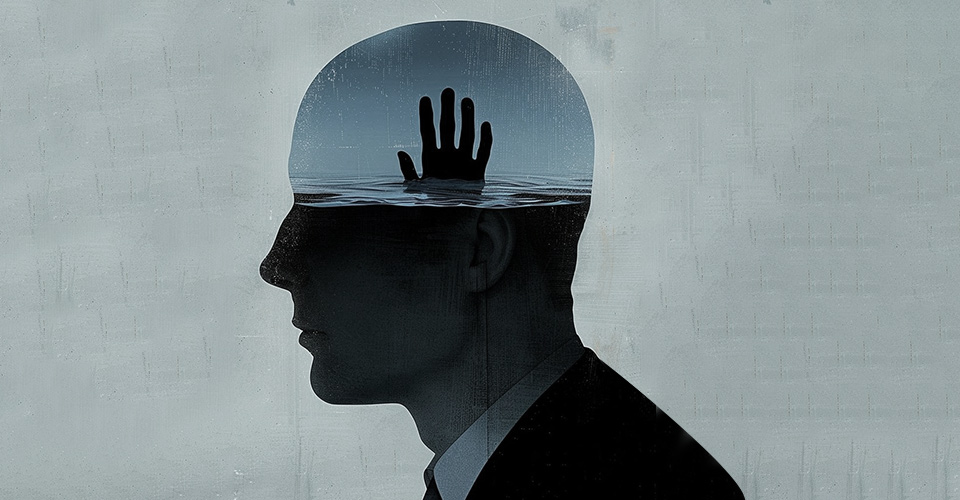


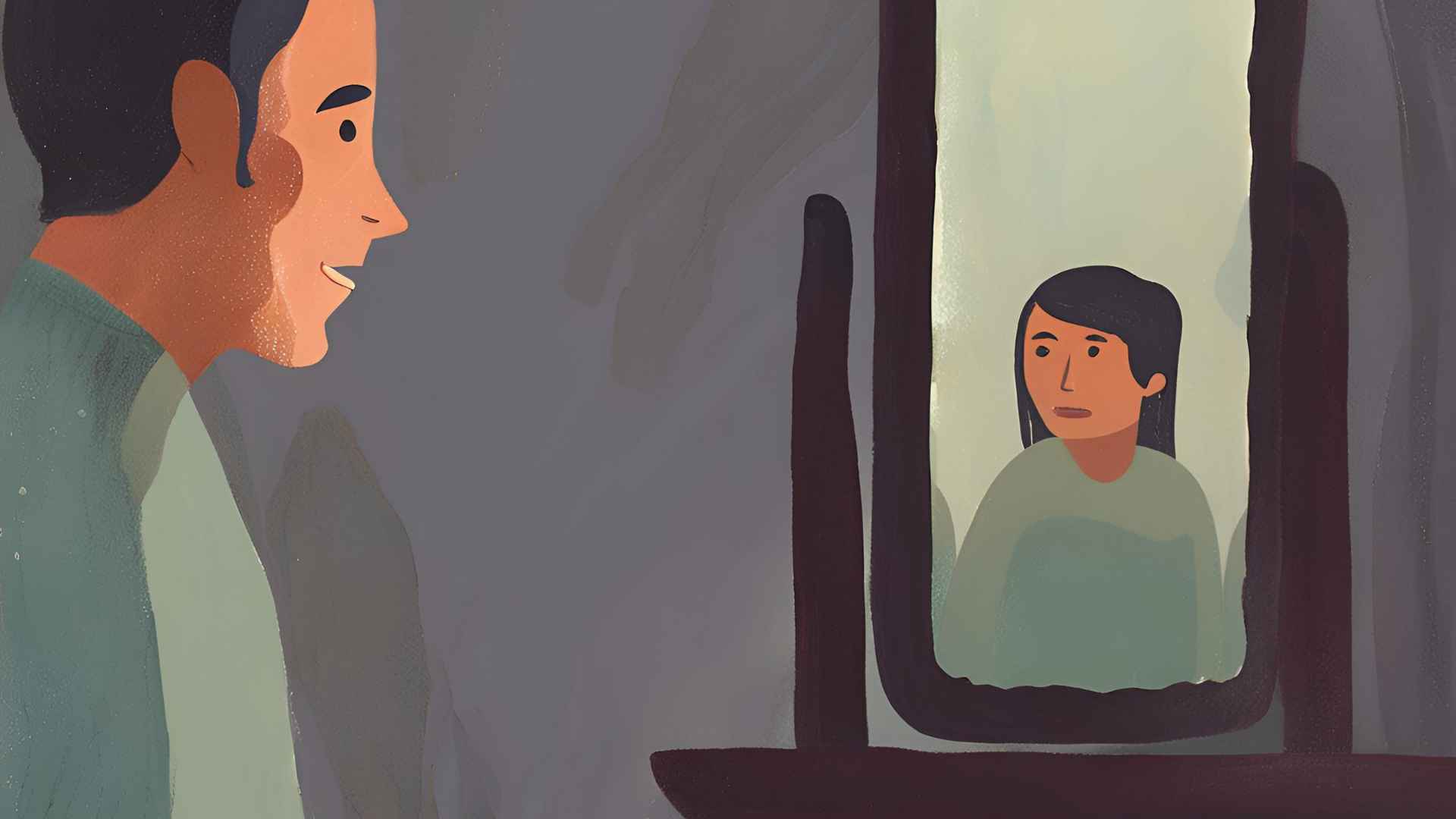
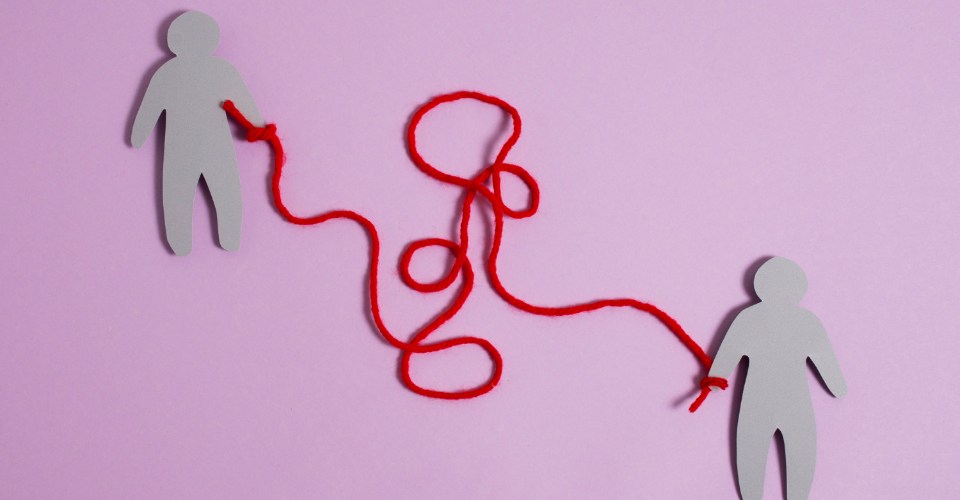

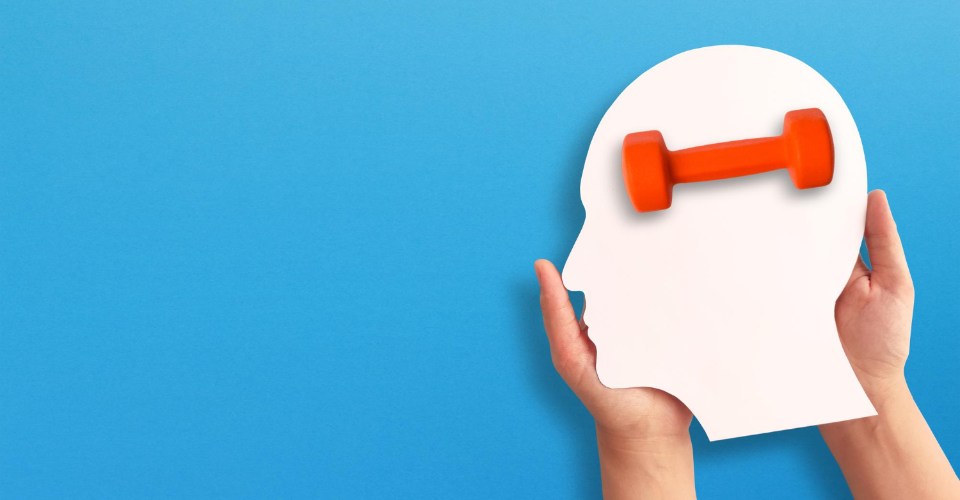










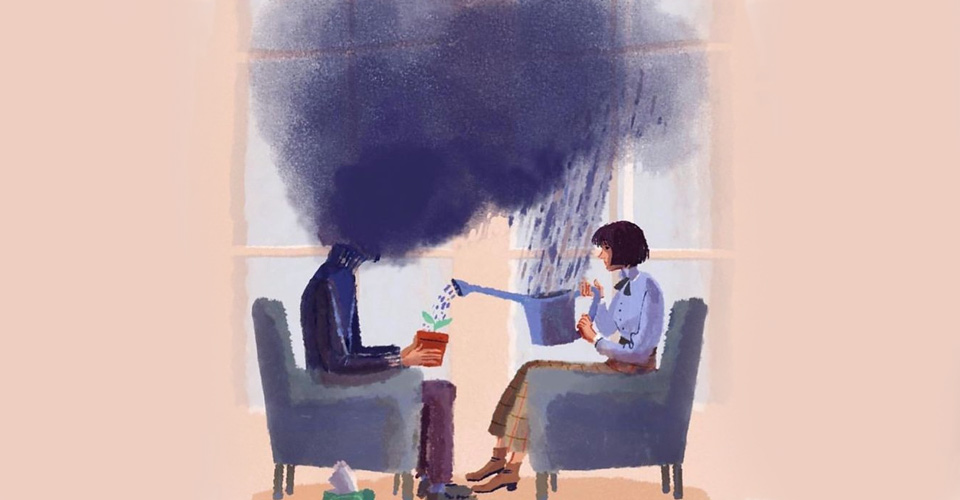


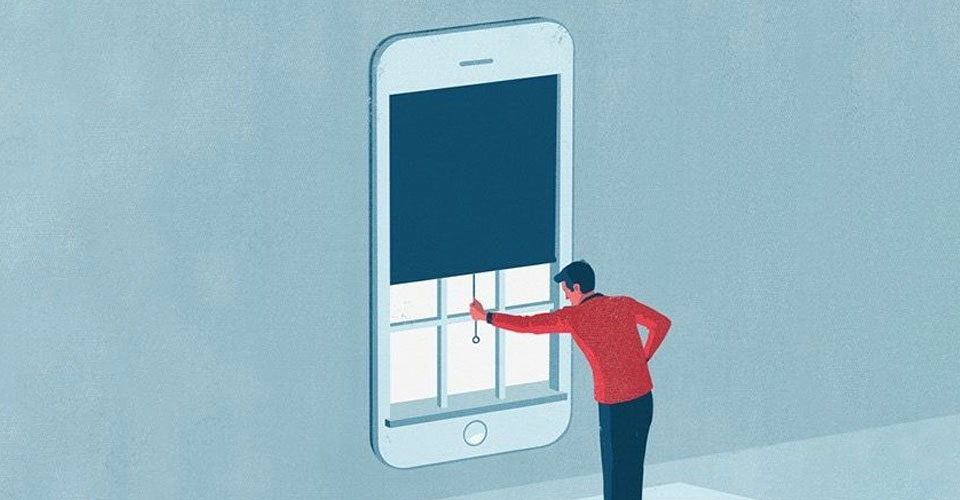
Leave a Reply
You must be logged in to post a comment.